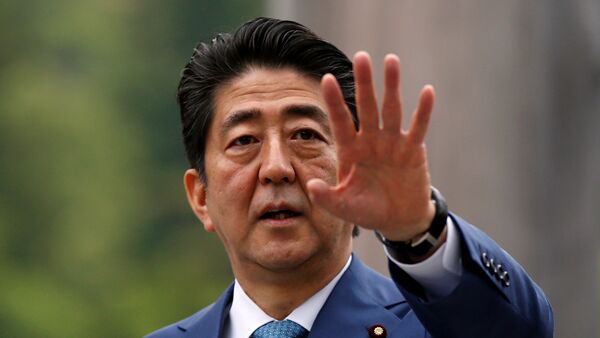TOKYO (Sputnik) — Earlier in the day, Emperor Akihito, 82, expressed concern that it might become increasingly difficult for him to fulfill the role of a monarch as a symbol of the nation and unity of the Japanese people. Akihito did not explicitly say he wanted to abdicate, as Japan's constitution bans the monarch from delivering political statements.
"Given the age of the Emperor and his current responsibilities for participation in public events, we need to think about the emperor's concern and carefully examine what can be done," Abe said in a televised address, broadcast by NHK.
Akihito ascended to the Japanese throne in 1989 after Emperor Hirohito's death. A merely ceremonial role in Japan's political system, the emperor is a symbol of the nation and of national unity according to the Japanese Constitution.
In 2012, he underwent successful heart bypass surgery.



